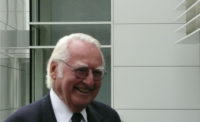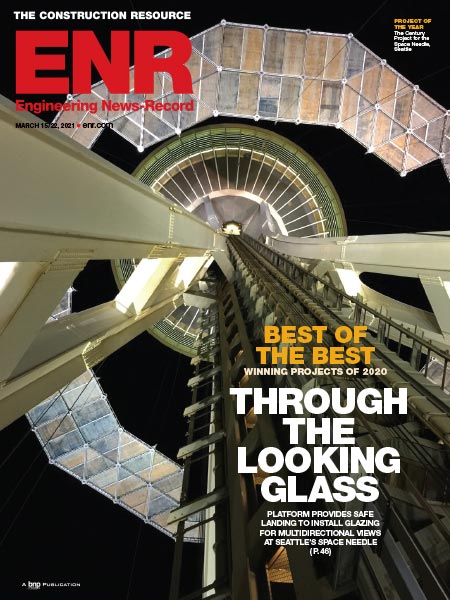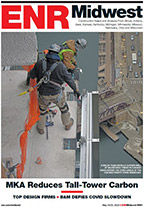He is a frequent visiting lecturer at many universities around the world, including UCLA, Harvard, the University of Texas and the University of Pennsylvania. He has participated in a number of major international exhibitions in Venice, Hong Kong, Brussels, Berlin and Paris.
Upon learning that he was being honored with the Pritzker Prize, Shu said: “This is really a big surprise. I am tremendously honored to receive the Pritzker Architecture Prize. I suddenly realized that I’ve done many things over the last decade. It proves that earnest hard work and persistence lead to positive outcomes.”
Pritzker Prize jury chairman, the Lord Palumbo, quoted the jury citation for this year’s choice: “The question of the proper relation of present to past is particularly timely, for the recent process of urbanization in China invites debate as to whether architecture should be anchored in tradition or should look only toward the future. As with any great architecture, Wang Shu´s work is able to transcend that debate, producing an architecture that is timeless, deeply rooted in its context and yet universal.”
The purpose of the annual Pritzker Architecture Prize, which was founded in 1979 by the late Jay A. Pritzker and his wife, Cindy, is to honor a living architect whose built work demonstrates a combination of talent, vision and commitment that has produced consistent and significant contributions to humanity and the built environment through the art of architecture.
The first Pritzker prize was awarded in 1979. Recent Pritzker honorees include, in 2000, Rem Koolhaas of the Netherlands and Australian Glenn Murcutt in 2002. The late Jørn Utzon of Denmark was honored in 2003; Zaha Hadid of the UK in 2004; and Thom Mayne of the United States in 2005. Paulo Mendes da Rocha of Brazil was the Laureate in 2006, and Richard Rogers received the prize in 2007.
Jean Nouvel of France was the laureate in 2008. In 2009, Peter Zumthor of Switzerland received the award. In 2010, two Japanese architects were honored—partners Kazuyo Sejima and Ryue Nishizawa of SANAA Inc. Last year, Eduardo Souto de Moura of Portugal was the laureate.
The laureates receive a $100,000 grant and a bronze medallion.




Post a comment to this article
Report Abusive Comment